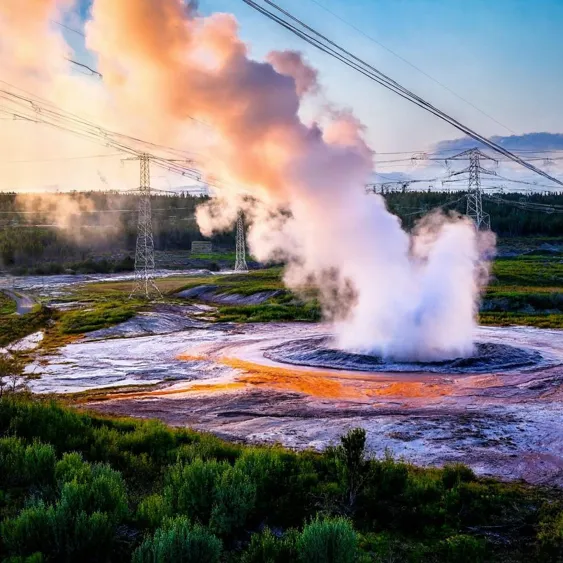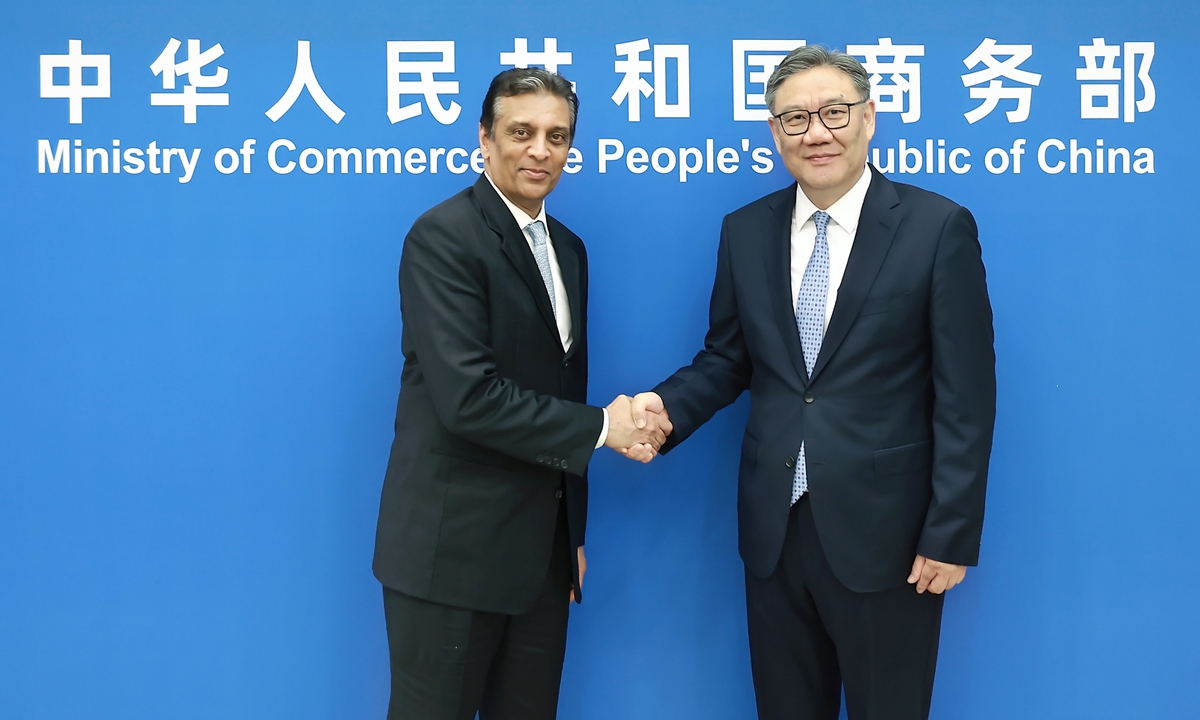Geothermal energy could power the AI era

The rapid advancement of technology has transformed how we consume energy, but as our reliance on digital infrastructure surges, the demand for sustainable power sources has reached critical levels. The recent article on superhot geothermal energy, published by CNBC, highlights the promising potential of this ancient resource, particularly in supporting the growing electricity needs of an AI-driven era. With the world increasingly leaning towards energy-intensive processes, the implications of this innovative approach could prove significant for investors and energy policymakers alike.
Quaise Energy, a front-runner in the superhot geothermal sector, is developing cutting-edge technology that promises to yield five to ten times more energy output per well compared to conventional methods. The company, founded on the research from the Massachusetts Institute of Technology, aims to pioneer a supercritical geothermal power plant near Bend, Oregon, which is expected to operationalize by 2028. As the article notes, the depths targeted by Quaise's methods reach up to 12 miles and temperatures over 500 degrees Celsius, which could transform the narrative of geothermal energy from a niche segment to a prominent pillar of the energy grid. The anticipated power increase from responses to heightened temperatures not only aligns with the global shift towards electrification but casts a spotlight on the corporate strategies being employed. With substantial backing—totalling $103 million—from notable investors like Nabors Industries, the trajectory for superhot geothermal energy seems promising. The partnership with Nabors, a traditional player in the oil and gas space, denotes a strategic realignment that could facilitate a smoother transition for the workforce moving from fossil fuels to renewable energy sectors. However, this technological advancement raises a myriad of questions, particularly around the feasibility of large-scale implementation and the legislative frameworks that will support this transition.
Historically, energy crises, like those seen during the 2008 financial downturn or the dot-com bubble, have often led to shifts towards alternative energy solutions, but also exposed vulnerabilities in power supply chains. In this context, both investors and regulators must critically assess the potential risks and opportunities presented by emerging technologies like superhot geothermal. Price volatility in the energy markets remains a pressing concern, and the shift from traditional sources, hitherto dominated by oil and gas, may not be as straightforward as the returns projected by current pilot projects suggest. Could the sector's evolution to embrace superhot geothermal inadvertently disregard essential regulatory measures needed to ensure safety and environmental accountability? To that end, a balanced perspective is vital.
In conclusion, while the prospects for superhot geothermal energy are promising, particularly in relation to decreasing production costs and increasing output during a time of rapid technological advancement, stakeholders must approach this transition with a nuanced understanding of its complexities. The potential to repurpose a significant labor force, coupled with governmental backing, positions this sector as a key player in the future energy landscape. As states continue to set ambitious climate goals, the results of Quaise's pilot projects will likely influence broader renewable energy policies. As investors contemplate entry into this evolving market, assessing the long-term sustainability of such ventures amidst economic fluctuations will be paramount.
Read These Next

Chinese Minister Urges USCBC to Collaborate for Stable Ties
China's Minister Wang Wentao met with the US-China Business Council, urging collaboration for stable US-China economic relations.

Balancing Incentives and Performance at Hangzhou Hemai Power
Analysis of Hangzhou Hemai Power Electronics' 2023 restrictive stock incentive plan highlights significant governance changes, a focus on performance metrics, and the associated risks of unfulfilled targets.

Xinjiang Wuika Times Department Store's Annual Performance Review
This commentary highlights the resilience and strategic focus of Xinjiang Wuika Times Department Store Co., Ltd. amidst evolving consumer demand and economic uncertainties. It emphasizes the company's expansion strategy and operational health while acknowledging pertinent risks related to competition, debt management, and reliance on external consumer subsidies and government policies.
